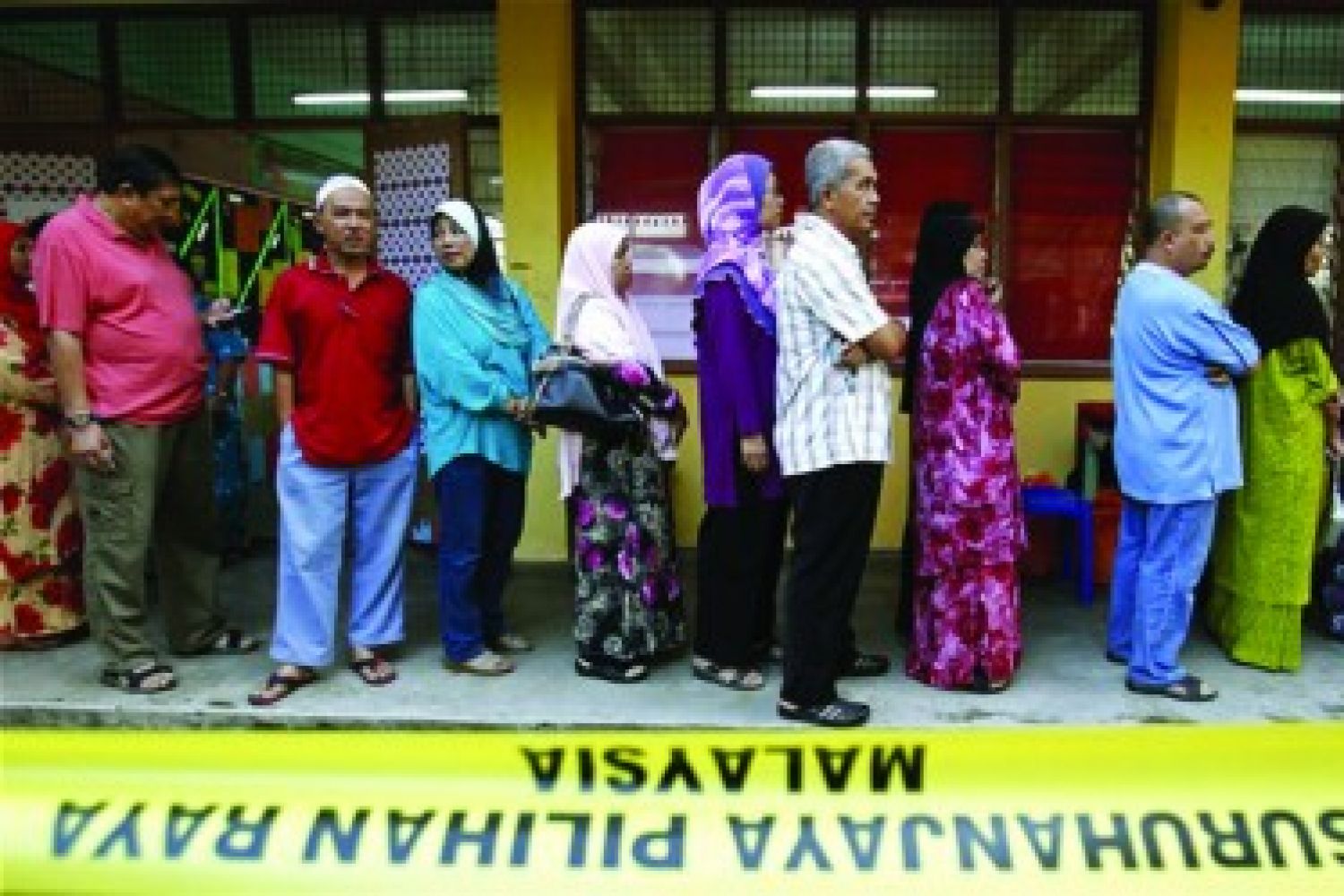
Santhi
Krishnamoorthy was ecstatic. Some of her favourite Indian playback singers
would be performing in her hometown of Penang, Malaysia: Naresh Iyer and Andrea
Jeremiah would be there; so would Sunitha Sarathy and director-singer Venkat
Prabhu.
A great opportunity to
see them in the flesh, she thought as she Facebooked relatives and friends
about the concert to be held at the Queens Bay Mall car park on May 4, the eve
of Malaysia’s 13th general election. She had heard from frie
Continue reading “New hope though old regime hangs on”
Read this story with a subscription.





